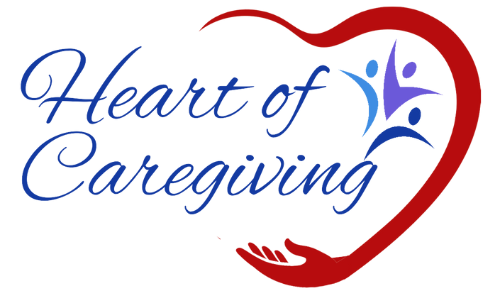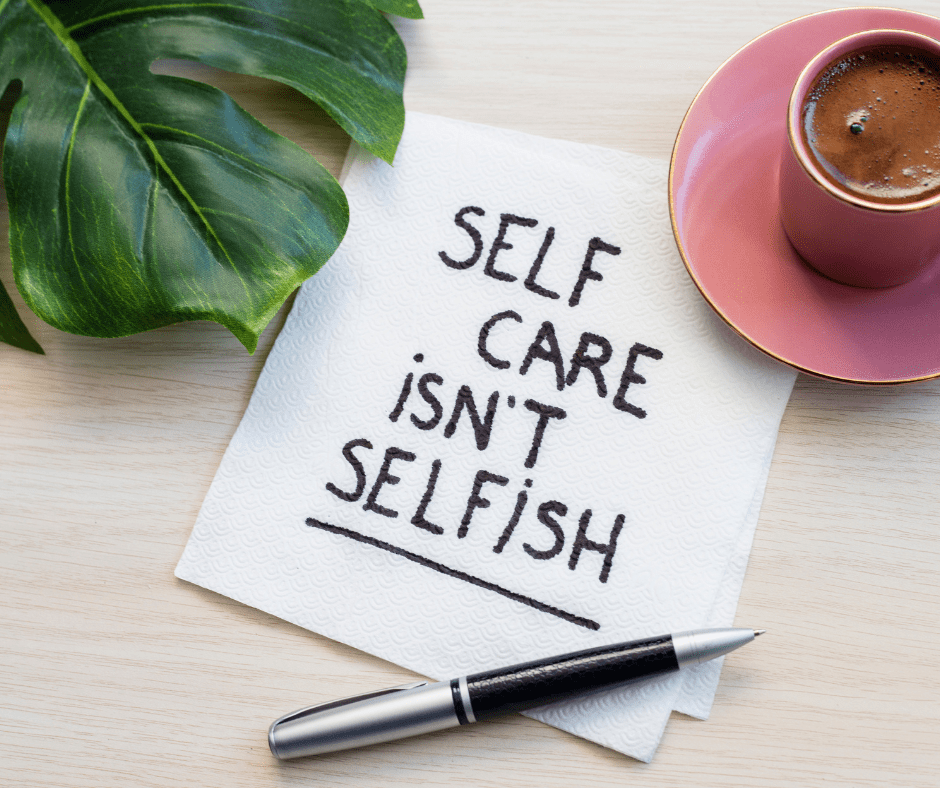When we begin helping a family member, our efforts may only require a few hours a week. We can balance competing priorities reasonably easily. As we identify more and more areas to provide help, we begin to prioritize care responsibilities over our hobbies and interests because they fall into the “must-do” task category. We also have a “must-do” list. Before long, our lists are overflowing, and it has been weeks since we attended a yoga class or had coffee with friends.
We are running two households, and one of them is becoming increasingly more complicated. Resentment starts to build, and we feel shame for our feelings of frustration. Worries swarm our thoughts. Our temper is short. We miss our life when we were more carefree. How can we possibly prioritize our well-being when our family member’s needs are so intense? Three practices can help you reclaim time, regain energy, and reset your priorities so that well-being rises to the top of the list.
Continue to participate in the activities that give your life meaning
Our interests and hobbies are vital for our well-being. It isn’t until we give them up that we realize how they help us feel well and whole. What do you look forward to during your week? Do morning runs set the stage for a productive day? Does relaxing with a cup of tea and a book provide your weekend escape? Do you spend time outdoors to renew your spirit and reconnect with nature? Make a note of the activities you look forward to and put them at the top of your to-do list. Scheduling and prioritizing well-being activities, including 5-minute coffee breaks, hobbies, and interests, is how you reclaim time and regain energy. Communicate your intentions and reinforce boundaries around your self-care time.
Consider all categories of self-care and determine how you can support your overall well-being with physical, emotional, mental, social, and spiritual practices. Self-care is not selfish but rather self-preservation. Focusing on your overall health will cultivate the resilience required to face the immense caregiving challenges. You will continue to be connected with the things that give you joy and inspire hope. You will be the best version of yourself. Begin to prioritize your wellness today.
Locate help and use the time gained for well-being
Think about how you spend your time and how you can lighten your load. What tasks and responsibilities can be delegated? What services can be provided by local businesses? Consider grocery delivery, pharmacy pill sorting and delivery services, mobile dog grooming, or a homecare agency aide to help with housekeeping chores for your loved one. How can family, friends, or neighbors step in and give you a break and give your loved one someone new with whom to engage? Who can help with the emotional load you are carrying? Enlist a therapist, counselor, support group, house of worship leader, or empathetic friend to listen and help you process the fear and frustration.
The shocking statistic that 30% or more of caregivers die before the person they care for may not seem so surprising to those caregivers who are overwhelmed and wondering how they will survive another day of stress and challenges. 36% of family caregivers report high emotional stress. 21% of family caregivers say that their own health is fair to poor. Caregiver burnout and depression are prevalent, and receiving help is the antidote. Begin to view yourself as the leader of your care team and expand your network to include all the people and services who can help you care for your loved one so that you can care equally for yourself.
Become an investigator and fuel your growth
Layers of caregiving worry impact our ability to function well in all aspects of life. Emotional stress takes a toll on our physical well-being. We are often so busy managing our day-to-day responsibilities that we don’t consider what knowledge lies beyond our immediate sources. What resources or information can you access to reduce your worries? Can a patient advocacy organization provide insight into your loved ones’ challenges with a disease? Are there community resources that can help with particular problems?
Consider consulting with a nutritionist, locating low-vision product catalogs, searching for a caregiver coach, working with a dementia specialist and coach, employing a meditation coach, or finding an app that inspires regular practice, and researching online training opportunities for any areas you feel deficient. Each step in the learning process serves to create a more meaningful, less stressful journey. Every lesson empowers you. When you increase caregiving skills and knowledge, your caregiving journey and your life’s journey intersect. You experience growth and cultivate inner strength.
For more on how to prioritize your well-being while you care for your family member, get the Reset Priorities Action Plan at HeartofCaregiving.com. Take action to prioritize your well-being, lighten your caregiving load, and become an investigator to fuel your growth!
Please join me on my book launch journey! 21 Mistakes Caregivers Make & How to Avoid Them will be available on September 20, 2023, and I need your help to make the launch a success and reach the caregivers who need this resource.
Please follow this link, https://spotlightpublishinghouse.com/toni-gitles-book-launch-team, and choose:
💙 Support the launch and purchase the book prior to the release date for $0.99.
💙 Join the team and help me with the promotion.
Please invite others in your network to join and support the launch. Thank you for your continued support!


